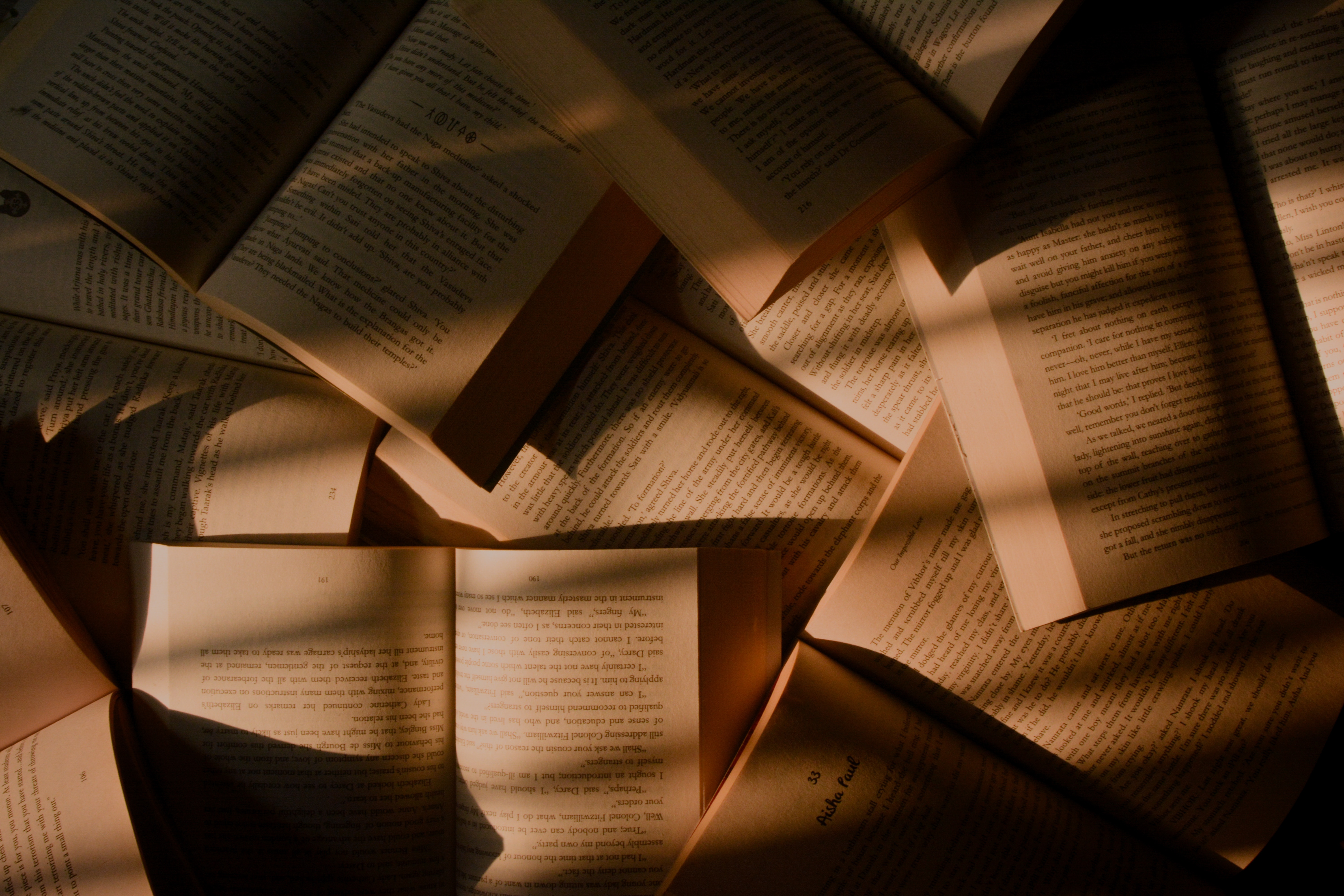The desire to write anything begins out of a basic human desire to express oneself, to be heard. Writing poetry in particular also comes out of an inexplicable attraction to the possibilities of the material of language itself – Matthew Zapruder
As a prose writer, poetry has always scared me. It’s the one genre I have always loved to read but find myself shying away from writing. However, the more I read poetry and the more I learn about it, the more I realize that prose and poetry are not as fiercely divided as I thought.
Prose writers can use poetry as a tool to enhance and better their writing in a number of ways. Here is a list of ways to use poetry to improve your prose.
Focus on Language
There is beauty in painting pictures with words in a small, limited space. Poetry forces the writer to think about language and every word used in a more direct and articulate way. It places emphasis on the creative properties of language as a way of communicating emotion, suggesting meaning and creating a mood. As writers, arranging language effectively is part of how we pull the reader in and focus their attention on what we want them to notice or feel. Poetry can teach us how to find unexpected words or unique phrases to convey details.
Matthew Zapruder, acclaimed poet, explains this perfectly in his book Why Poetry,
“Poems exist to create a space for the possibilities of language as material. That is what distinguishes them from all other forms of writing. Poems allow language its inherent provisionality, uncertainty, and slippages. They also give space for its physicality—the way it sounds, looks, feels in the mouth—to itself make meaning.”
He says that poems allow us the “miraculous” ability of language to connect us to each other. If we master this through poetry, then our prose can only get better and more effective.
Construction
While both prose and poetry can take many forms on the page, poetry is confined to a small space. Therefore, it can teach us how to construct sentences in the most effective way possible. For example, short sentences slow the reader down while long ones with few commas speed the reader up. By following a long sentence with an especially concise one, the reader stops on the short sentence, making it much more powerful. Assonance can provide a lyrical, soothing effect while alliterative consonants can create a jarring motion for the reader. Poetry also reminds us just how important endings are. Taking care to emphasize the last word in a sentence or the last sentence in a paragraph or the last paragraph in a chapter, can add power to your prose and take your writing to a higher level.
Details, Details, Details
Poetry is all about specificity. As prose writers, often times we get so caught up in our plots, that we forget to focus in on the details that will make our work shine. All about drama of the minutiae, poetry can help us pause and take notice, adding sensory engagement and keeping it “in the body,” as my college creative writing professor always said. By taking lessons from the narrative tension of poetry, prose writers are reminded of what is truly at the heart of their story.
Lesson in Metaphors
Another way to use poetry to improve your prose is to focus on metaphors. Metaphors breathe life into our writing and enhance meaning in a concise way. Next time you read a poem, focus on the metaphors. Notice how you feel when you read them, what emotion they immediately convey. You can do this in your prose as well by finding fresh ways to say what you want to avoid cliches and play on your readers emotions.
Play
Poetry is all about play. Free verse, especially, allows the writer to stray away from the confines of paragraph and sentence structure. Playing around with the possibilities of language can show us how beautiful and freeing words can be. We need to play to let loose and bring our focus back to why we started writing in the first place; to express ourselves, share pieces of us with others, play with language, release our creative energy, and communicate. Poetry has an amazing ability to surprise us with every word. Invoke a playfulness in your writing and see if you surprise yourself.




